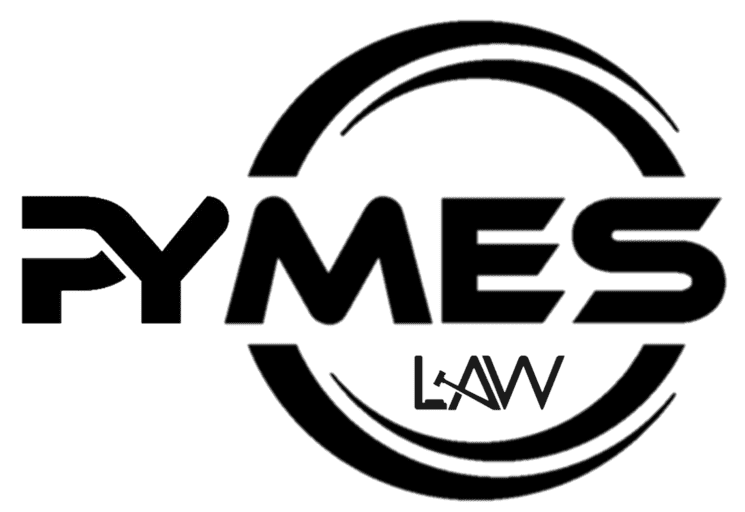Unraveling the Intricacies of Writs
In the context of the judicial system in Bangladesh, writs hold great importance as they are considered crucial legal documents. Writs play a crucial role in ensuring the proper administration of justice. However, it is important to understand the concept of writs and their role within the existing legal system of the country.
What Are Writs?
Within the legal system, writs serve as highly valuable tools as they function as authoritative directives issued by the courts to government officials or agencies. These devices are highly valuable. Therefore, they provide valuable support. These instructions serve to uphold justice and safeguard rights, akin to guidance from the legal system.
The Various Types of Writs
1. Habeas Corpus: In order to ensure the protection of an individual’s freedom, it is imperative for the authorities to require a person in custody to appear before a court. This is essential for the successful execution of this writ’s objective. To achieve this goal, it is essential to be present in court for the entire duration of the proceedings.
2. Mandamus: Through the application of the legal principle of mandamus, it is possible to enforce the legal obligations of a public individual or institution within the legal framework. When a public person or institution fails to fulfill their legal obligations, appropriate action is taken in response.
3. Prohibition: This document asserts that it is illegal for a lower court or tribunal to act in a manner that contradicts the principles of natural justice or exceeds its jurisdiction. This is because it is perceived as an action that goes against the law. Given the clear conflict between the two parties, this outcome is inevitable.
4. Certiorari: If it is determined that the decision in question goes against the law or falls outside the court’s jurisdiction, then a writ of certiorari can be used to overturn the verdict of a lower court or tribunal. If it is determined that the decision is in violation of the law, this consequence may be imposed. When the court possesses the authority to reverse the decision, this is the situation that arises.
5. Quo Warranto: As a result, this writ raises doubts about the credibility of individuals holding public office or positions. Questioning the legitimacy of their power is how these goals can be achieved.
6. Writ of Quare Impedit: Usually used in cases where there are disputes regarding the selection of a clergyman for an empty benefice or church position.
7. Writ of Procedendo: Instructs a lower court to move forward with a case in instances where it has postponed or declined to take action.
8. Writ of Supersedeas: This document effectively halts the implementation of a court decision while the appeal process is underway, guaranteeing that no further steps are taken until the appeal is concluded.
9. Writ of Ne Exeat Republica: Typically employed to restrict an individual’s departure from the country until they have resolved a financial obligation or met a legal requirement.
10. Writ of Coram Nobis: Strives to rectify any factual errors that might have occurred in a judgment, typically after the decision has been made and the ruling has been concluded.
Instances of Writ Cases in Bangladesh
Throughout the history of Bangladesh, there have been numerous instances where writs have played a crucial role in upholding justice and bolstering the rule of law.
Conclusion
It’s worth noting the important role that writs play in upholding rights and ensuring accountability in the legal system of the United States of America. Similarly, it’s interesting to consider the wide range of writ types and cases found in Bangladesh.
Frequently Asked Questions (FAQs)
1. What is the purpose of writs in Bangladesh? Writs serve to protect individual rights, compel government action, and ensure the proper administration of justice.
2. How do writs differ from one another? Each type of writ serves a specific purpose, ranging from protecting personal freedom to challenging the legality of holding public office.
3. Can anyone file a writ petition in Bangladesh? Yes, any person whose fundamental rights are violated or who seeks judicial intervention in matters of public interest can file a writ petition.
4. Are writs an effective tool in ensuring accountability? Absolutely, writs play a vital role in holding government authorities accountable for their actions and decisions.
5. What is the significance of the writ of habeas corpus? The writ of habeas corpus is particularly significant as it safeguards individuals against unlawful detention by compelling authorities to justify the legality of their confinement.
These FAQs provide valuable insights into the world of writs and their application in the context of Bangladesh’s legal landscape.



0 Comments